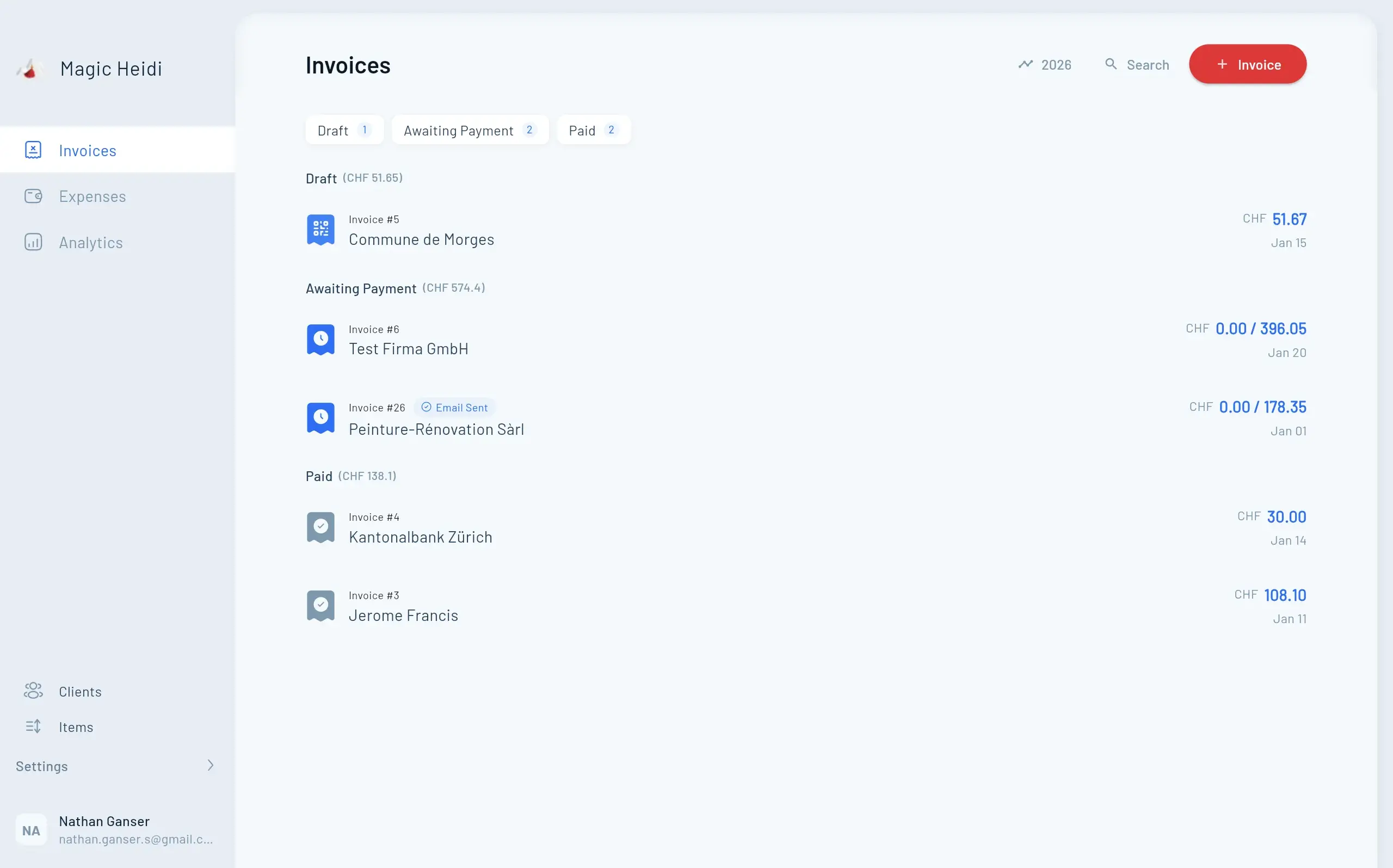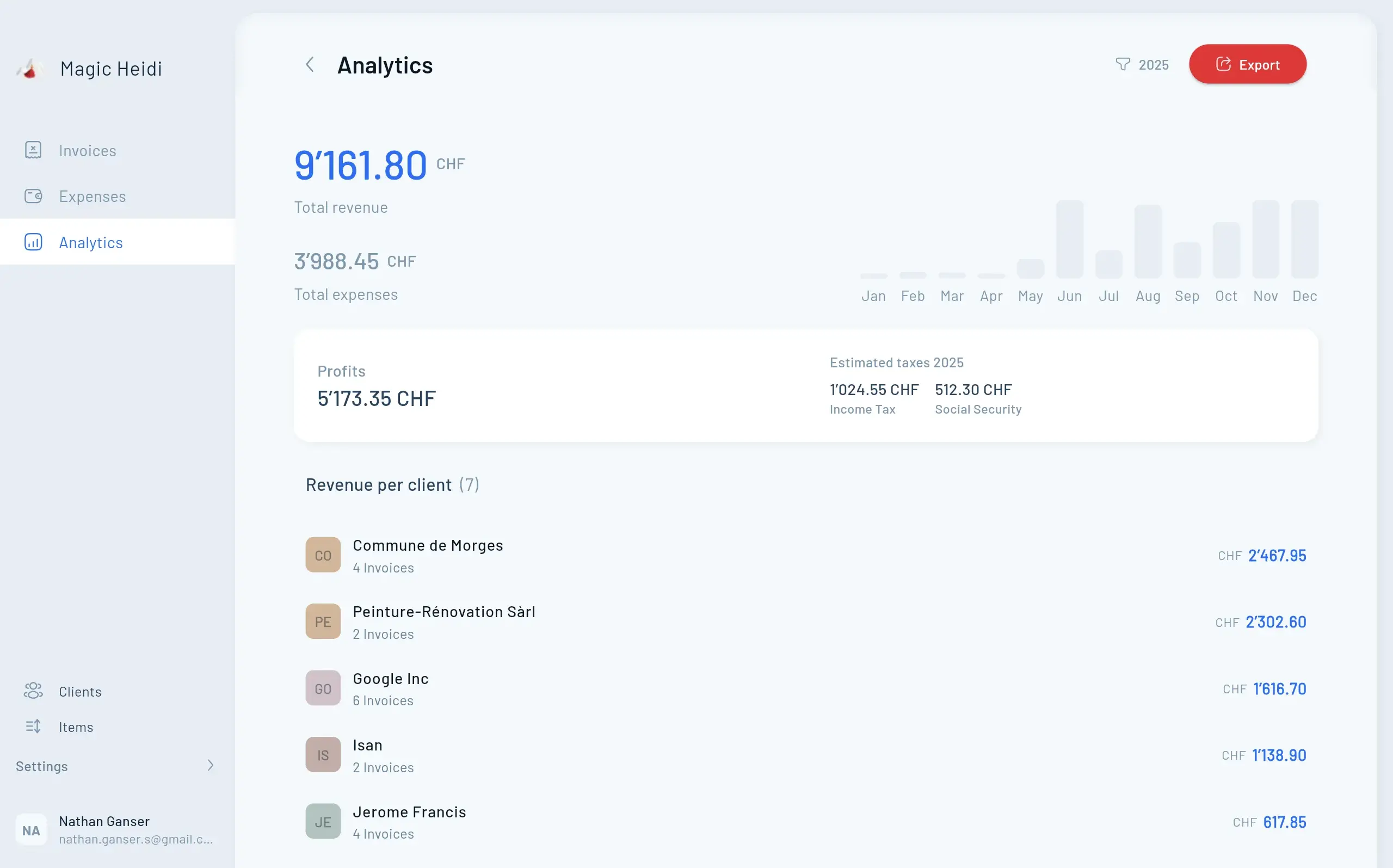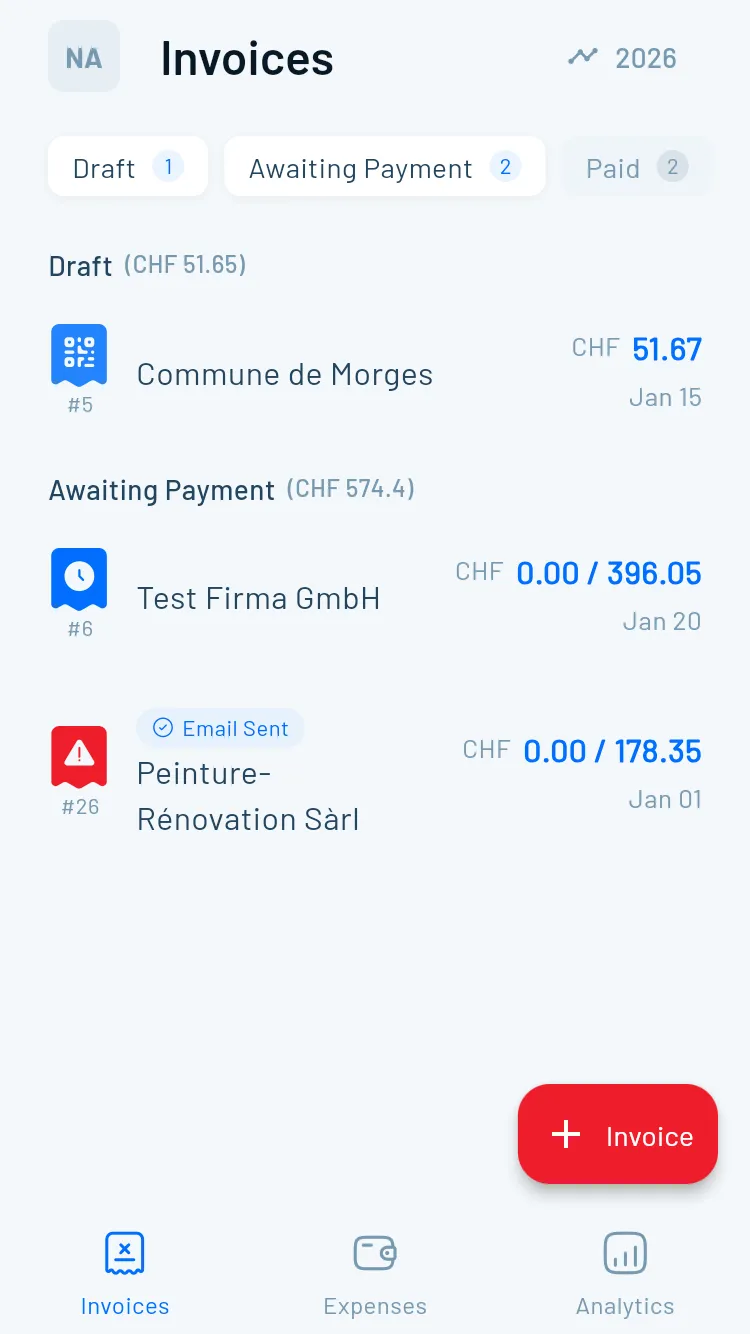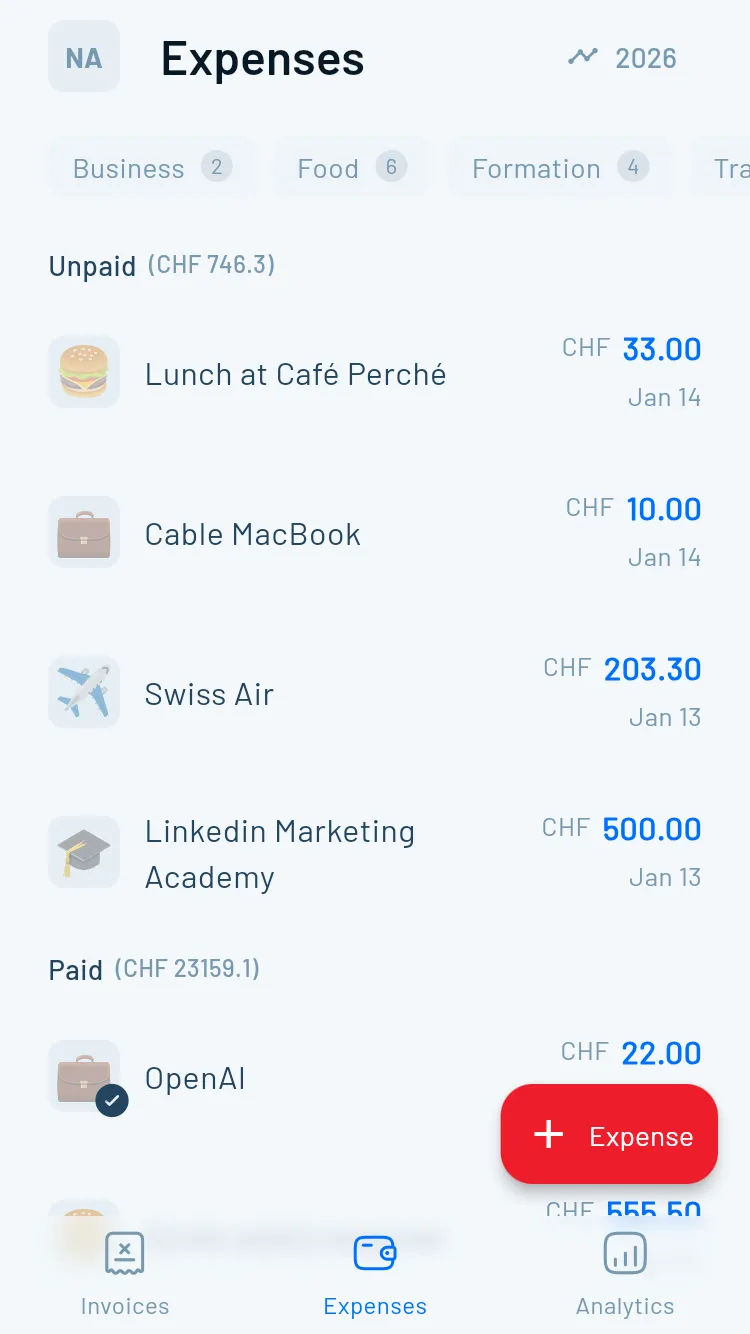Scheinselbständigkeit occurs when someone works as a freelancer but the relationship actually resembles employment. Swiss authorities take this seriously because it allows companies to avoid employer obligations: social security contributions, vacation pay, sick leave, and pension contributions.
If AHV (Swiss social security authority) determines you're actually an employee disguised as a freelancer:
Retroactive payments for 5 years: Both employer and employee portions of social security contributions must be paid for the past five years—potentially tens of thousands of francs.
Accident insurance: Retroactive accident insurance must be purchased. If an accident occurred during this period, the employer is liable for all financial consequences—potentially millions of francs.
Client penalties: Your clients face significant financial and reputational damage, which is why many Swiss companies now refuse to work with sole proprietorships.
AHV evaluates each case individually using these criteria:
True self-employment indicators:
- Work for multiple clients (not just one)
- Provide your own equipment and infrastructure
- Invoice under your own company name
- Assume financial risk for your work
- Control how and when you complete projects
- Market your services actively
Employment relationship indicators:
- Work exclusively or primarily for one client
- Follow the client's work schedule and location requirements
- Use client-provided equipment and systems
- Receive regular monthly payments regardless of work completed
- Cannot delegate work to others
- Client controls your work methods
Critical threshold: Working for only one or two clients significantly increases Scheinselbständigkeit risk. AHV regularly audits freelancer relationships, and single-client arrangements trigger scrutiny.
Diversify your client base: Maintain at least 3-4 active clients. Never derive more than 70% of income from a single source.
Document your independence:
- Create clear service contracts specifying deliverables, not hours
- Invoice project milestones, not monthly retainers
- Maintain your own equipment and workspace
- Market your services publicly (website, portfolio, LinkedIn)
Consider upgrading to GmbH: Many Swiss companies now only work with GmbHs (Limited Liability Companies) rather than sole proprietorships. A GmbH creates a clear B2B relationship, eliminating Scheinselbständigkeit risk entirely.
Keep detailed records: Document all client relationships, contracts, and billing patterns in case AHV requests an audit.
This risk is real and growing, particularly in the platform economy and service sectors. Taking it seriously from day one prevents catastrophic financial consequences later.










